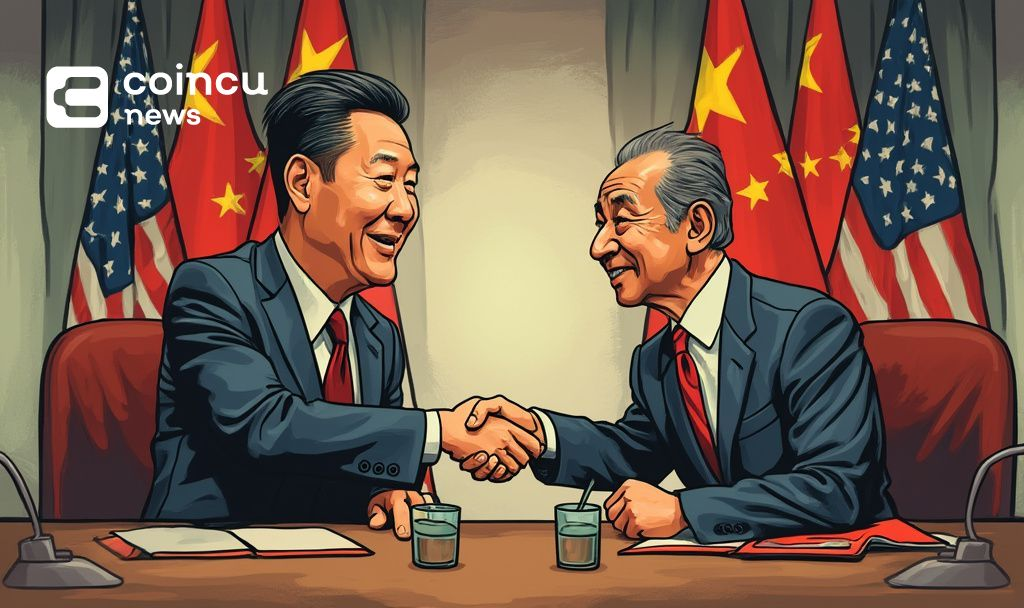- Talks address tariffs, economic strategies, and potential impacts on markets.
- First official dialogue between US and China since tariff increases.
- Global trade markets await outcomes impacting international policies.

He Lifeng leads the Chinese delegation to Switzerland for economic dialogue with US Treasury Secretary Scott Bessent, scheduled from May 9-12. China-US economic talks aim to address escalating trade tensions affecting global markets.
He Lifeng, a key Chinese official, is leading China’s delegation to Switzerland, marking the first official engagement since recent tensions. The talks, held from May 9-12, involve US Treasury Secretary Scott Bessent and aim to address the ongoing trade conflict that has resulted in significant tariffs.
China’s stance is clear: while the doors remain open for dialogue, any discussions must be based on mutual respect and equality. Both nations have endured economic impacts, with tariffs affecting trade flows and market activities. The meeting could potentially ease tensions and result in adjustments to existing tariff policies.
Market observers and financial analysts are closely watching these developments. Statements from both parties have emphasized the importance of achieving a fair basis for trade negotiations, highlighting the need for balanced economic measures. As He Lifeng stated, “Vice Premier He, as the Chinese lead person for China-U.S. economic and trade affairs, will have a meeting with the U.S. lead person Treasury Secretary Scott Bessent.”
Historical Trade Dialogues and Economic Analysis
Did you know? In 2018, China responded to US tariffs on steel with its own levies, impacting 128 American product categories.
Historically, US-China dialogues have experienced shifts, notably the end of the Joint Commission on Commerce and Trade in 2016. The renewal of talks reflects attempts to stabilize bilateral trade and address broader economic issues. Expert analysts suggest that a positive outcome could reignite investment interests and adjust trade practices.
Economic analysts point to the need for strategic adjustments in trade policies to prevent further market disruptions. Historical trends suggest that prolonged tariff impositions have negatively impacted both economies. Financial markets are assessing potential outcomes, with attention to changes in taxation and economic alliances.
Source: https://coincu.com/336044-china-us-economic-talks-switzerland/